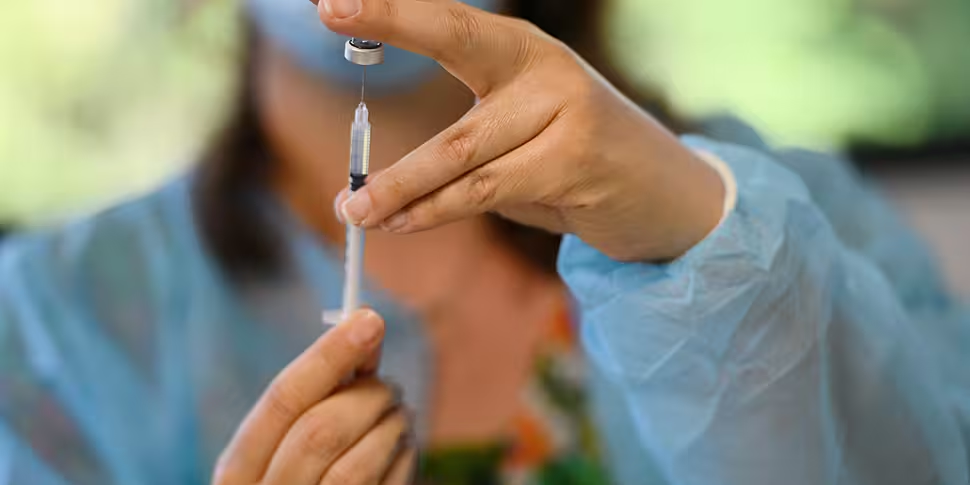It's time to open up COVID-19 vaccine registration to "everybody and anybody" over 16, an Irish immunologist says.
Liam Fanning, Professor of Immunovirology at UCC, says it's vital to roll out vaccines as quickly as possible amid concerns around variants.
There's been particular concern about the Delta variant, with the Government now considering tighter travel restrictions for the UK due to the spread of the variant first identified in India.
It has led to calls for ministers to introduce mandatory hotel quarantine for those arriving here from Britain.
It's also added fresh urgency to the vaccine programme, as officials work to protect as many people as possible from the virus.
The vaccine portal is expected to open to people in their 30s shortly.
On Newstalk Breakfast, Professor Fanning said it's vital to get vaccines out as quickly as possible to stop the spread of variants.
He said: “These vaccines have been shown to be wonderfully effective against all variants so far. The one exception is [that] one shot of the AstraZeneca vaccine leaves you more or less unprotected - you need the second shot.
“Those who are waiting on the AstraZeneca second shot… give them Pfizer and Moderna, and open the portals to the under-40s.
“Just stop this age-related stuff - the death rates in the under 40s are more or less similar to those when you get down to under 16s."
He said the prime goal of the vaccine programme was to protect hospitals and to stop people from dying or becoming seriously sick from the virus.
However, he said Ireland's now in a situation where "practically all the vulnerable" are vaccinated.
He said: “There’s every reason why one should open up the vaccine portal to everybody and anybody over 16.
"Obviously, it’s over 18 for Moderna, but 16 for Pfizer.”
Professor Fanning suggested it's also a "no-brainer" to use antigen tests for people arriving in the country.
He said: “If everybody arrived into this country and were given four antigen tests… that would cover them every second day for eight days.
“The practicality and the immunological situation are very different… but if you give them antigen tests, then they can do them at home. If they get a positive test, then there’s a number on the leaflet that comes with it.
“Make this as easy as possible: if you give people antigen tests, they will use them.”
CMO Dr Tony Holohan is this week set appear before an Oireachtas committee to answer questions on NPHET's stance on antigen testing for travel.
It follows sharp criticism from some politicians about the limited use of rapid testing in Ireland.









